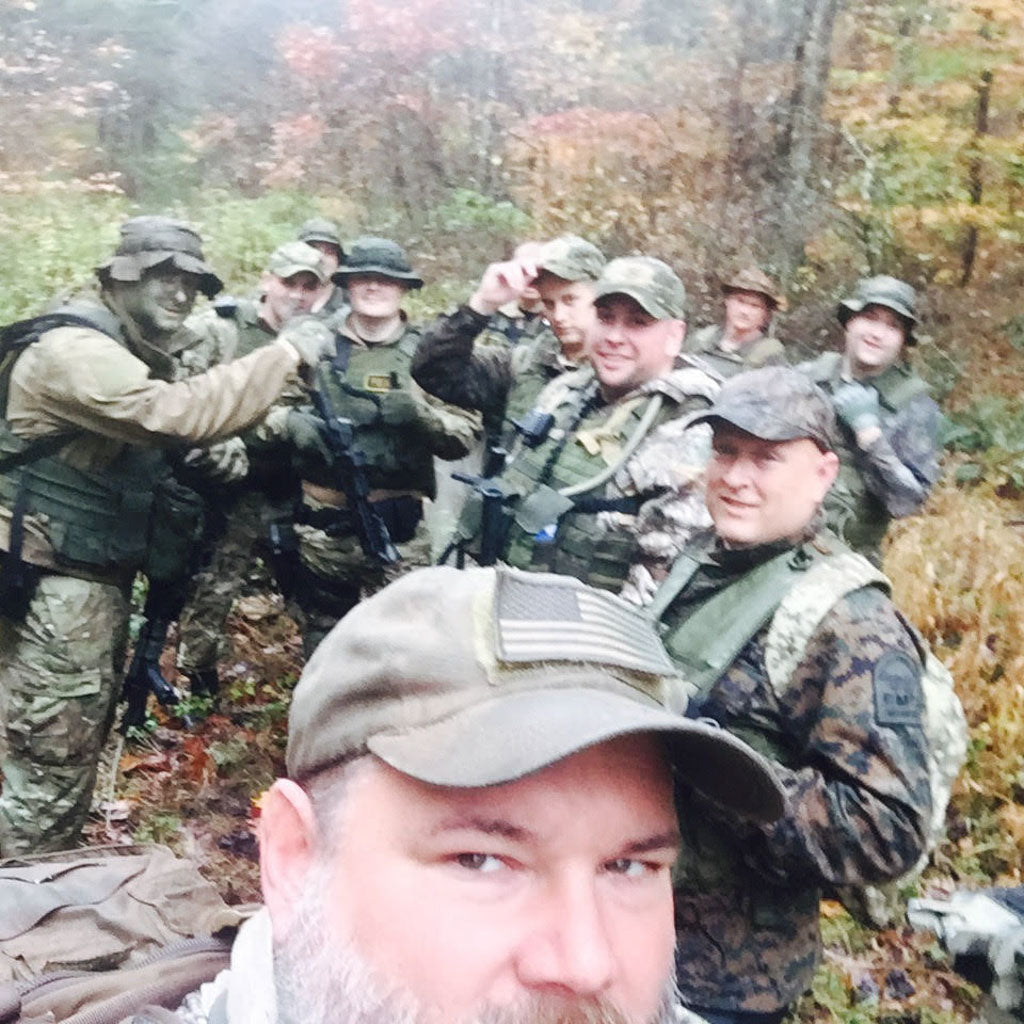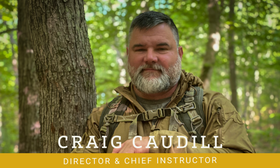
MUST KNOW Stages for Group Development
In 2016 Nature Reliance School is going to take a decidedly hard look at applying some of the skills that we have developed into programs for the business sector. One of the reasons that our classes at NRS have been successful is because our instructors know how to manage the group dynamic. This is no easy task. There are some basics of taking a group of people, often times complete strangers, and turning them into both educated individuals as well as a high-performing group. I personally believe it is one of the things that sets us apart from the other schools that I have knowledge of. With that said, it is why I am putting more emphasis into topics such as these here in our blog. In this manner, we can assist other schools and entities outside of our own. We are not only serving our students and participants, but also serving the community-at-large.
Now onto the the stages of group development. As a student at the University of Kentucky, I learned a myriad of ways to lead and work with others in the work place. At that time I was simply an unchallenged, snot-nosed college kid. It was not until nearly 20 years and experience added to the education, that started leading and facilitating challenge courses. I was reminded of the basic development of any group. Understanding these stages is they key to taking any group and making them productive. These stages can be considered for your department at work, a newly blended family, a law-enforcement Special Response Team, a church youth group, scouts, sports teams, or basically any group that needs to increase their productivity and usefulness. Psychologist Bruce Tuckman developed this model of understanding in 1965, and it is just as relevent today as it was then. These stages are: forming, storming, norming and performing.
- Forming is the stage in which most everyone in the group is polite, anxious and make effort to work together. As a leader of such a group you need to be very dominant because the team’s roles are not clear. As a leader you will need to set the standards of acceptance.
- Storming is where the individuals in the group begin to have personality conflicts due to themselves and others beginning to push boundries. Many times, people will begin to jockey for position and forget about team goals in an effort to put emphasis on themselves. This particular stage is where MOST teams get bogged down and never move forward. As a leader of this group you need to be proactive in taking the variables that are questionable and make the goals more clear. When working styles are apparent, help both sides of the situation to see the benefit of feeding one another from their own style.
- Norming is when the group sees benefit of building on one another’s strengths and resolve differences. Group members begin to seek constructive feedback from one another as well as the leader. Respect in the leader will be on the rise in this stage. There is ample amount of progress made at this stage of the development however it is marked by overlap. The leader must assist the group in seeing the overlap, delegating overlapping responsibilities appropriately, to better assist the group in being more efficient.
- Performing is where goals are achieved without much friction between group members. You will often hear team members speaking at this stage of how easy it is to be part of the team.
Here is how we let this play out in our classes. Often times in any class, but lets use Land Navigation as the example for this one (simply because it is coming up fast on the schedule 
 You come to a class under Tracy Trimble’s instruction. At first you don’t know much about Land Nav and you notice there are various levels of experience in the class. Some have zero experience, others have plenty of experience (forming). The experienced are those who have taken the class previously and are simply brushing up on their skill set or have had similar instruction before. Tracy then teaches you how to use a compass, how to use a map, how to use them together. Everyone is eyeballing one another in the room to see if they are the only ones that aren’t getting it (storming). Then Tracy says something and it clicks, and you help the person next to you (norming). Then onto field work where the in-house training begins to take shape. You walk around together with Tracy teaching you, then you pair off with someone and start navigating, then you eventually head off into unfamiliar territory on your own….LIKE….A…..BOSS (performing).
You come to a class under Tracy Trimble’s instruction. At first you don’t know much about Land Nav and you notice there are various levels of experience in the class. Some have zero experience, others have plenty of experience (forming). The experienced are those who have taken the class previously and are simply brushing up on their skill set or have had similar instruction before. Tracy then teaches you how to use a compass, how to use a map, how to use them together. Everyone is eyeballing one another in the room to see if they are the only ones that aren’t getting it (storming). Then Tracy says something and it clicks, and you help the person next to you (norming). Then onto field work where the in-house training begins to take shape. You walk around together with Tracy teaching you, then you pair off with someone and start navigating, then you eventually head off into unfamiliar territory on your own….LIKE….A…..BOSS (performing).
You can see how the forming, storming, norming, and performing all play out both as the group and then on the individual level.
That is how we look at it, and a basic example of how it plays out. Please follow us for more tips and tricks to help you develop your group at work, home, or play. There is a lot more to come. Also keep checking out our calendar for dates and listings of these types of instructional opportunities from NRS.
Come on, join in, let’s learn together!
- NRS Website http://naturereliance.org/
- Carbon TV Ambassador Link http://tinyurl.com/lus9kcm
- Instagram https://instagram.com/naturereliance
- NRS Pinterest https://www.pinterest.com/naturereliances/
- NRS Youtube https://www.youtube.com/user/naturereliance
- NRS Facebook https://www.facebook.com/nrsky
- NRS Twitter https://twitter.com/naturereliance
Share This



Leave a comment